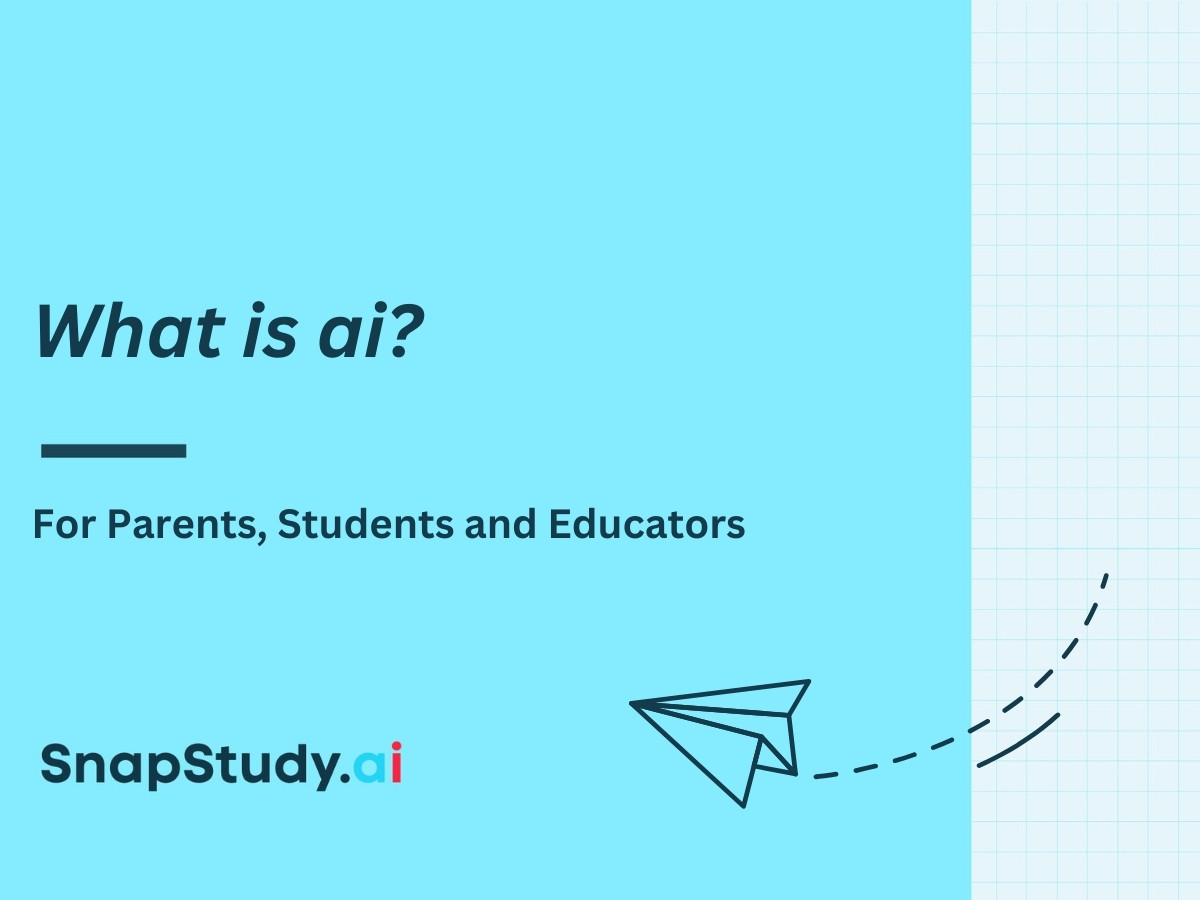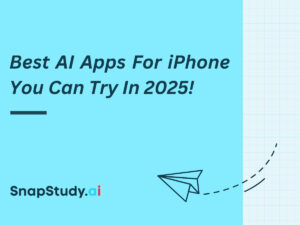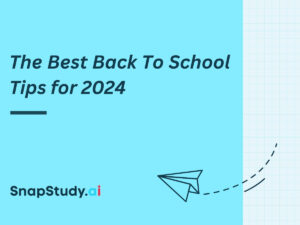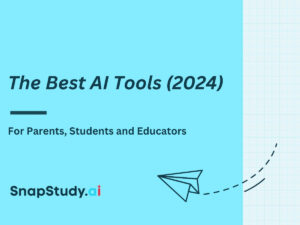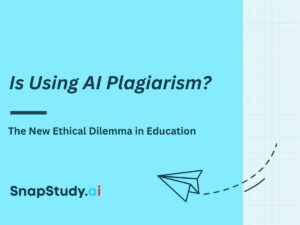Artificial Intelligence, or AI, is a term that you’ve probably heard a lot about recently. It pops up in news articles, TV shows, and even casual conversations. But what is AI, and why should it matter to you, whether you’re a parent, student, or educator? This blog post aims to break down the concept of AI in a simple way. We’ll explore what AI is, its impact on education, and how it’s shaping the future for students and teachers alike.
What is AI?
Artificial Intelligence is when machines are designed to mimic human thinking and learning. These machines can handle tasks that usually need human smarts, like solving problems, learning new things, and making decisions.
You’ve probably interacted with AI more than you realize—think of Siri on your iPhone or the recommendations you get on Netflix!
The Origins of AI
AI isn’t a new concept.
The idea of machines that can think goes way back to ancient myths and legends. But it wasn’t until the mid-20th century that modern AI started taking shape. Researchers began creating algorithms and models to mimic human thought processes.
Fast-forward to today, and AI has become a powerful tool for analyzing large amounts of data, recognizing patterns, and making lightning-fast decisions.
Types of AI
There are two main types of AI that you should know about—narrow AI and general AI.
Narrow AI is built to handle specific tasks, like playing chess or answering customer service questions. It’s the kind of AI we use the most these days.
General AI, though, is a whole different ball game. It would be able to understand, learn, and apply knowledge across a bunch of different tasks, kind of like how we do. We’re not quite there yet with general AI, but it’s an exciting field that’s constantly being explored.
(Verify this!)
How AI is Transforming Education
AI is making waves in education, offering new ways to enhance learning experiences for students and teaching methods for educators.
Imagine a classroom where lessons are tailored to each student’s individual needs or where teachers have AI-powered tools that help them identify areas where students might be struggling.
Personalized Learning
One of the most exciting applications of AI in education is personalized learning.
AI can analyze a student’s performance and adapt lessons to their specific needs. If a student excels in math but struggles with reading, an AI system can provide additional resources and exercises to help improve their reading skills while continuing to challenge them in math.
Intelligent Tutoring Systems
Intelligent Tutoring Systems (ITS) are AI-powered programs that provide personalized tutoring to students.
These systems can provide hints, explanations, and feedback, just like a human tutor. They can also monitor a student’s progress and tweak the difficulty of tasks as needed, ensuring the student is always challenged but not overwhelmed.
Enhancing Teacher Productivity
AI isn’t just for students; it can also be a valuable tool for teachers!
AI-powered tools can help with:
- Grading
- Lesson planning
- Identifying students who might need extra help
By automating these time-consuming tasks, teachers can focus more on what they do best—teaching and mentoring their students.
Real-World Examples of AI in Education
You might be wondering if AI in education is just a futuristic concept. The truth is, it’s already being used in classrooms around the world.
For example, tools like Grammarly use AI to help students improve their writing skills, and SnapStudy.ai guides students step-by-step through their assignments, turning tough tasks into manageable learning opportunities.
The Role of AI in Special Education
AI can also play a significant role in special education!
For students with disabilities, AI-powered tools can offer personalized support and accommodations that can make learning more accessible. For example, speech recognition software can help students with speech impairments communicate more effectively.
Preparing Students for an AI-Driven Future
As AI advances, it’s crucial for students to gear up for an AI-driven future. This means not just knowing what AI is and how it works but also building the skills needed to succeed in a world where AI is everywhere.
These skills include:
- Critical thinking
- Problem-solving
- Adaptability
Ethical Considerations in AI
While AI has many benefits, we can’t ignore its ethical side. Think about data privacy, bias in AI algorithms, and the risk of job loss—these are important issues we need to discuss. Educators have a big role in this, teaching students to use AI responsibly and ethically.
How to Get Started with AI in Your School
If you’re an educator or school administrator looking to incorporate AI into your school, there are a few steps you can take to get started.
- First, educate yourself and your staff about the basics of AI and its potential applications in education.
- Next, explore AI-powered tools and platforms that can enhance learning experiences for your students.
- Finally, consider partnering with organizations or companies that specialize in AI in education to provide training and support.
Tip: If you need help, please reach out to our team (EMAIL), and we can help connect you or refer you to the right resources!
Resources for Learning More About AI
If you’re interested in learning more about AI, there are plenty of resources available. Online courses, books, and websites can provide valuable information and insights. Some popular online courses include those offered by Coursera and edX!
The Future of AI in Education
The future of AI in education is bright. As technology continues to advance, we can expect even more innovative applications that will transform the way we teach and learn.
From virtual reality classrooms to AI-powered research assistants, the possibilities are endless!
The Takeaway
Understanding Artificial Intelligence is no longer optional; it’s essential.
Whether you’re a parent, student, or educator, knowing how AI works and its impact on education can help you make informed decisions and stay ahead of the curve. AI is not just a buzzword—it’s a powerful tool that can enhance learning experiences, improve efficiency, and prepare students for the future.
If you’re intrigued by the possibilities of AI in education and want to learn more about how it can benefit your school or classroom, consider reaching out to experts in the field or exploring AI-powered tools and platforms. The future is here, and it’s powered by AI.
Thank you for joining us on this journey to explore the fascinating world of AI. We hope you found this guide informative and inspiring. If you have any questions or would like to learn more about how AI can impact your education, feel free to reach out. Let’s shape the future together!

